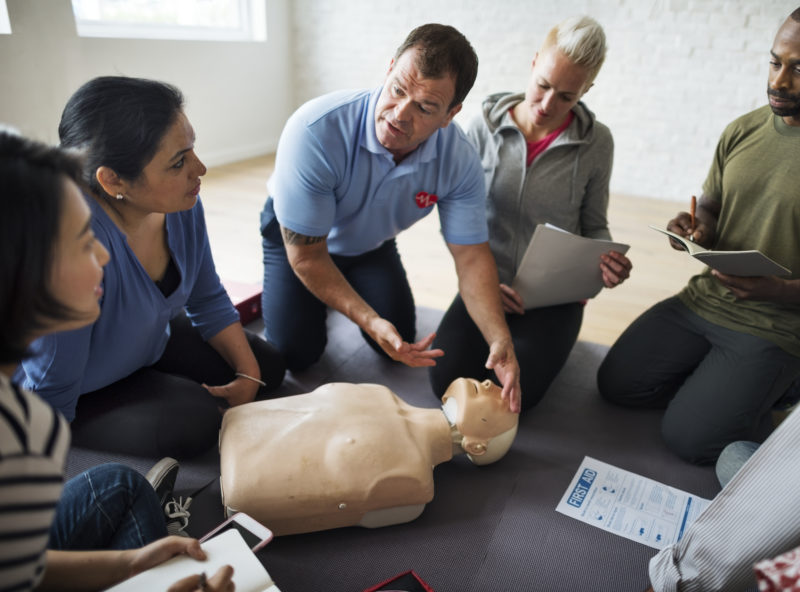When it comes to administering first aid, in a large number of cases, the people who are the closest aren’t well trained and can make mistakes when using the first aid kits.
However, as experts at Advanced Healthcare Education centre claim, the fast response in a case of emergency can immensely increase the likelihood of survival for people suffering from a heart attack or similar medical condition.
However, in some other cases, when there isn’t a life or death emergency, the mistakes that people make can actually do more harm than good.
This is why it is important to learn what the proper techniques are as opposed to folk wisdom. Here are some of the most important and common mistakes.
When Your Nose Bleeds, Tilt Your Head
Nose bleeds are a fairly common, and usually not particularly dangerous nuisance. They can be triggered by a variety of things.
Regardless of the cause, the cure is always the same – tilt your head back and that will stop the bleeding, right? Not really, as it can be dangerous to let the blood pool inside your nose and not flow out. It can start flowing down your throat unexpectedly, causing choking.
What experts suggest instead is pinching your nose for several minutes. This will allow the blood to clot naturally and won’t cause other problems.
Try to Vomit If You Ingested Poison
There are a lot of potentially poisonous substances all around us. Some are natural, and some we have manufactured to help us with cleaning or any number of other applications.
If you or someone happens to swallow some of these substances, there is common wisdom to make the person throw up. The thinking is that the poison will leave the body and the smaller amount of it that remains will do less damage.
Even though the idea seems solid, there are some physiological and practical problems with it. First of all, if your stomach is empty, the poison which does remain in your body will be absorbed a lot faster, potentially increasing the negative effect it would have on you.
Another problem is that you as a layman may not know in what way a poison can affect the human body. That is why it is important to immediately seek professional medical help and follow their instructions until they arrive at the scene.
Help a Choking Person by Sticking Your Fingers Down Their Throat
Seeing someone choke on something can be a frightening experience, and we might panic and freeze, or even worse, do something irrational.
Sticking your fingers down someone’s throat in order to help them dislodge the obstruction is a very risky thing to do. You are more likely to push the problematic object deeper and cause more problems than you are to help them.
Instead, let the person cough and try to pass the object themselves. If that doesn’t work after several seconds, you should perform a Heimlich manoeuvre. Grab a person from behind around their stomach with your both arms and make a fist with one hand. Then squeeze the person repeatedly until the offending object is dislodged.
To Stop the Bleeding, Tighten the Bandage Really Thigh
Another practice that might seem intuitive, but can have serious consequences is tightening the bandage too tightly in order to stop the bleeding.
While it is true that it is vital to stop the bleeding, overtightening the bandage can stop the circulation of blood, not only to the wound but also to the rest of the healthy tissue.
Instead of this extreme approach, medical professionals suggest taking a clean bandage and applying it directly on the wound with enough pressure to stop the bleeding and let the blood clot.
These are some of the most common ways people who aren’t trained in providing medical help can actually do more harm than good. Learning some basic or advanced life support can be good both for you and the people around you.























































Leave A Comment
You must be logged in to post a comment.